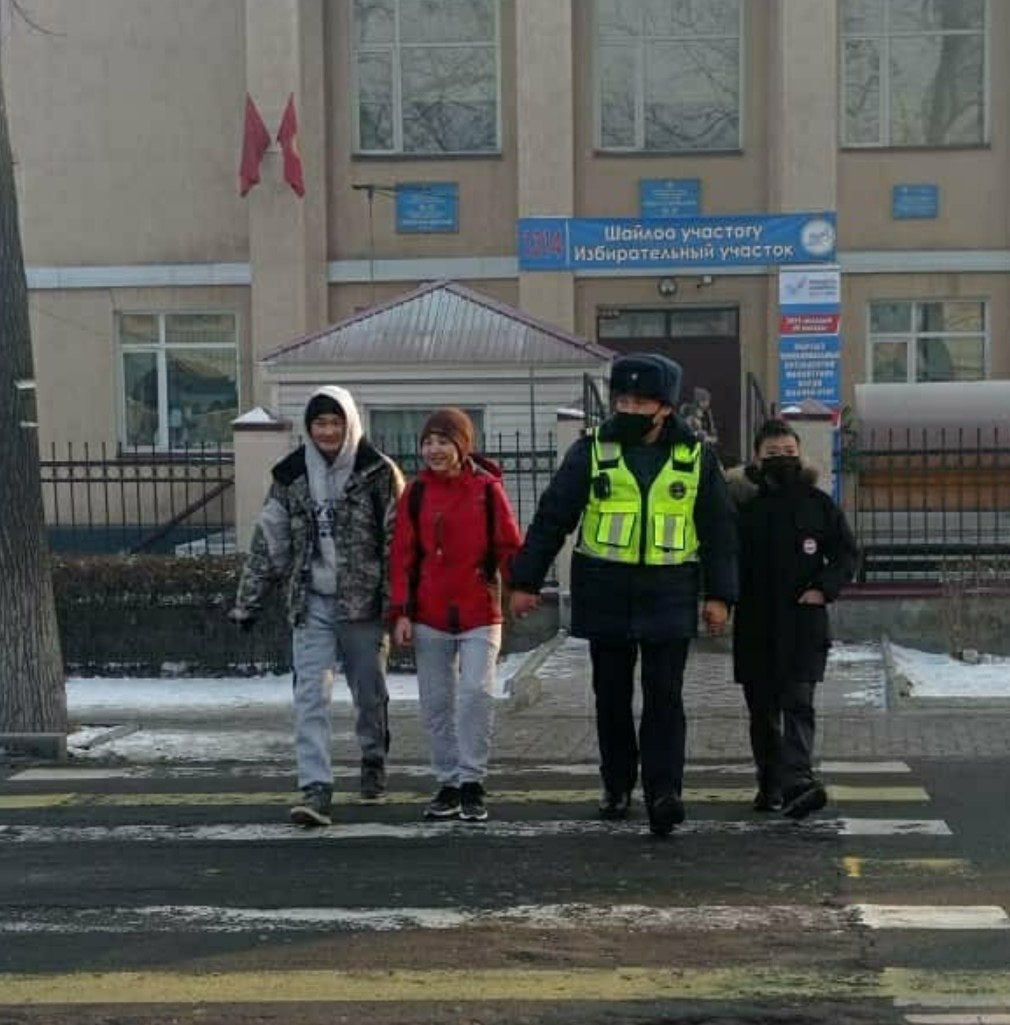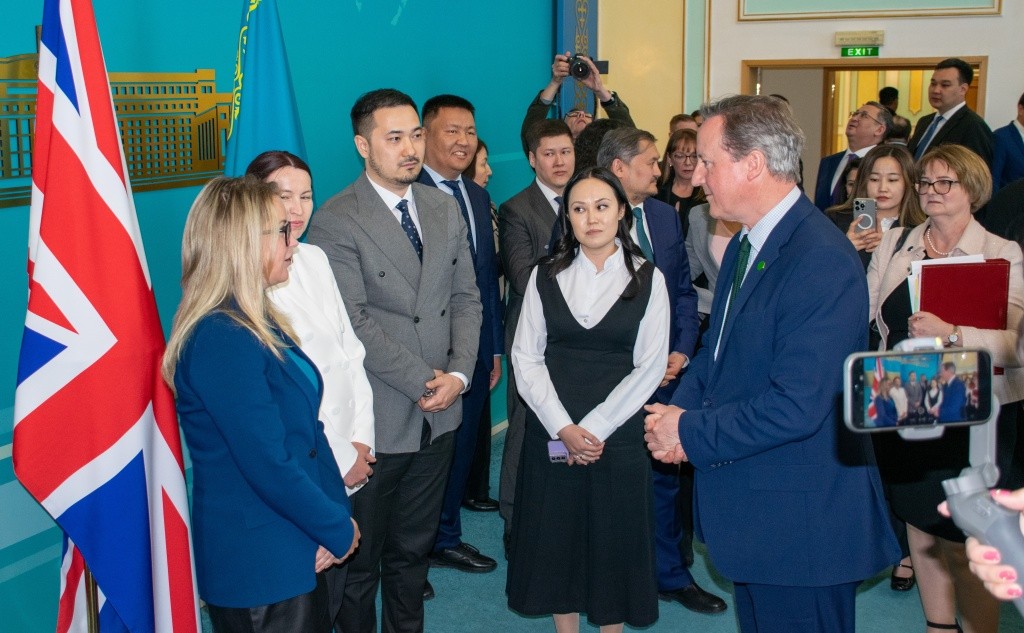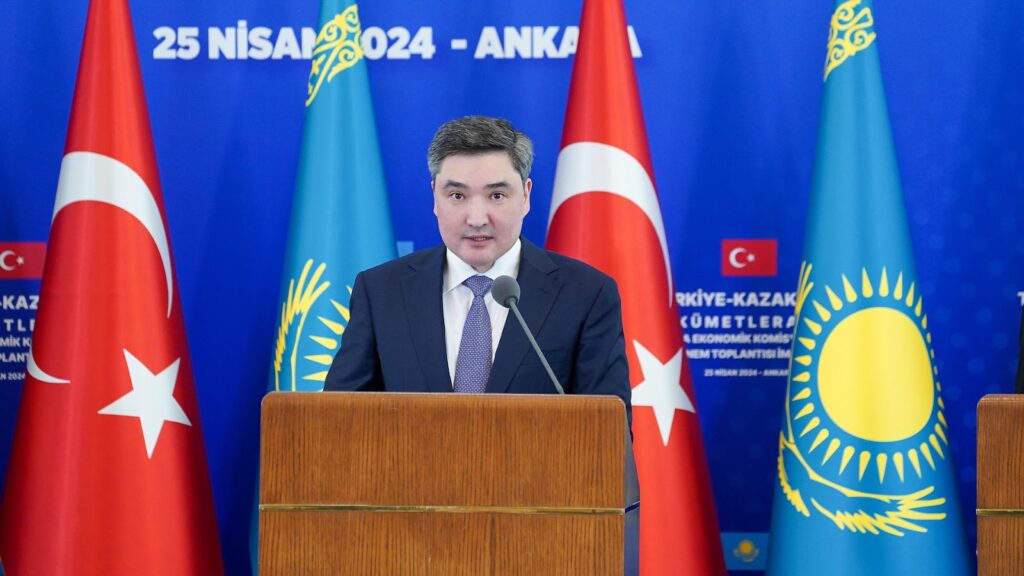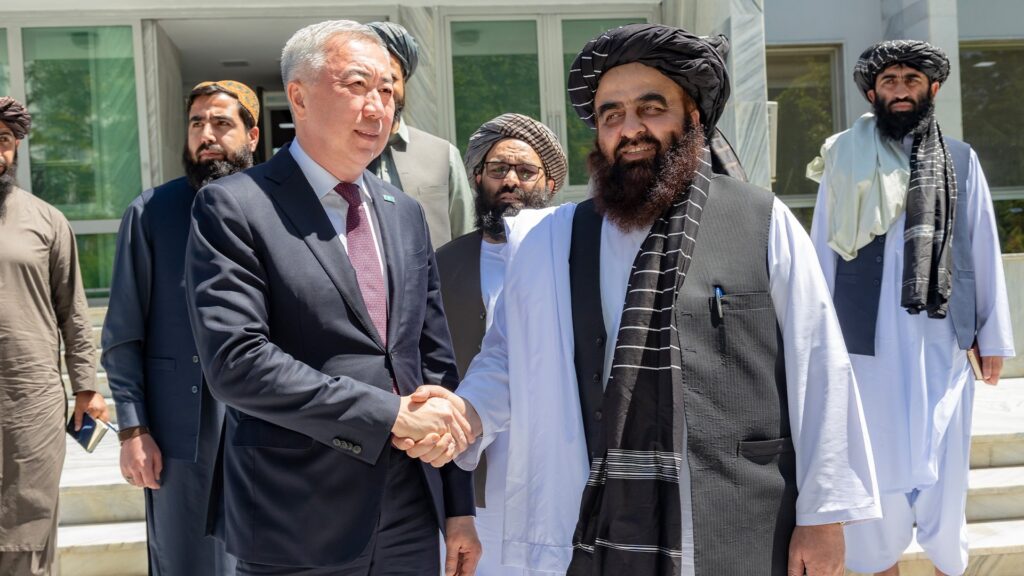Andrei Orlov is an acclaimed writer who has actively influenced the development of Kazakhstan’s literature through the creation of a community of writers and the organization of cultural events. In this interview, he offers his perspective of how the art of the written word shapes a nation’s cultural heritage and stimulates the development of its literary scene.
How do you view the contemporary Kazakhstani literary scene? What changes and trends have been noticeable in recent years?
I’ve been in the industry for seven years and have witnessed a lot of changes. Many authors have finally realized that their craft is not limited to printed books and are slowly moving online and exploring specialized digital products. The stereotypical view that samizdat is bad has almost been erased. Conservative writers are still of the opinion that if they want to publish, they should only do so under the auspices of a publishing house. But in our country where supply does not meet demand, samizdat offers an excellent means of embarking on your creative path. I know many authors who have self-published and then, after the first or even third book, received offers from publishing houses. Literature is changing in general. More and more people are writing about things they really care about and understand. For example, over the last 3-4 years, business literature has significantly increased; something I consider a great achievement for the country.
What are the main challenges facing Kazakhstani writers today?
The challenge is not to die! But jesting aside, there are many difficulties faced by contemporary authors. As I said, there are now far fewer publishing houses in the country, which means that authors must do everything themselves: writing, editing, design, illustration, layout, presentation, promotion. Some tasks are obviously passed to specialists, but these are all issues which many authors are ill-equipped to resolve. We also want our books to provide income or at least, recoup costs. Unfortunately, that rarely happens especially the first-time round. And here we come back to the problem about which I talk non-stop: a writer must treat his project (book) like a business. Otherwise, things are hard.
People in Kazakhstan are still unused to reading their writers. It was a similar case with music, when earlier on, there was prejudice against domestic music producers. But once they proved their quality and, in a sense, turned the whole market upside down, listeners began to engage. The same thing should happen with literature.
Does the Kazakhstani writing environment reflect contemporary social, cultural and political changes in the country?
No, rather than yes. Few authors write on such topics. They are a hundred percent afraid to write about politics. Only a few can afford to do so. I recently published a collection of poetry and under the auspices of our club, organized a contest and selected works. A series of poems on a political theme was submitted. Devoid of any harsh criticism, it was more akin to satire. Our editors, however, were afraid to accept it. I thought at the time; if fear arises at this level, what can we say in published texts? Mountains, rivers, daisies …
We all remember the story of Daniyar Moldabekov, a journalist who wrote a book about Qantar (events of January 2022). He was rejected by almost every printing house, and likewise, by previously interested publishers. Either the readers are not ready for such material or the state is still ultra-conservative.
There are of course, some publicists who are willing to touch such topics and if you look hard enough, you can find something beneficial.
What can be said about the interaction between writers and publishers in Kazakhstan? How does it affect the development of literature in the country?
Today, writers influence publishers, not vice versa. Entrepreneurs or indifferent creators look at the market and then decide to open publishing houses. Printing houses are no longer viable as they are now simply executors without any idea of long-term cooperation with authors. We have a lot of people who write, and a lot of people who write well. But there are not enough readers, i.e., the population, for publishing houses to multiply, launch themselves by genres and offer large print runs and solid royalties.
In a word: Kazakhstan’s literary market is still in its infancy, but has great prospects.
Does Kazakhstani literature have peculiarities or themes that attract the attention of readers inside and outside the country?
Probably, with regard to broadcasting national, cultural, ethnic peculiarities. It is difficult for our publishers and writers to start competing with the major players in Russia, Europe and the USA in such genres as non-fiction, fiction, poetry. But talking and writing about what we stand for, and I am talking about history, increases our chances of attracting the interest of an external audience. As for the domestic market, it needs to be stimulated from all sides. The first task of our authors is to fill the shelves with literature, different to what we are used to.
How do you see Kazakhstan’s literature developing in the immediate future?
The appearance of new names and interesting books. For now, this will be enough to garner belief in our literary business and make plans for its future.
What is the importance of literature in the formation and preservation of Kazakhstan’s cultural identity?
Books are always about history. Any written work can easily claim a trace in the history of a country. Even the simplest, first glance at a novel about love, reflects to some extent, our national identity, peculiarity. With respect to books about love for the motherland, we have a right to preserve, and even more so correct, views held by our readers.
The more freedom there is in writing, the more readers will have something to choose from.








